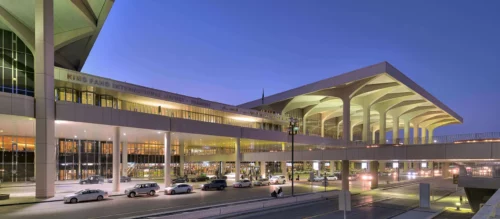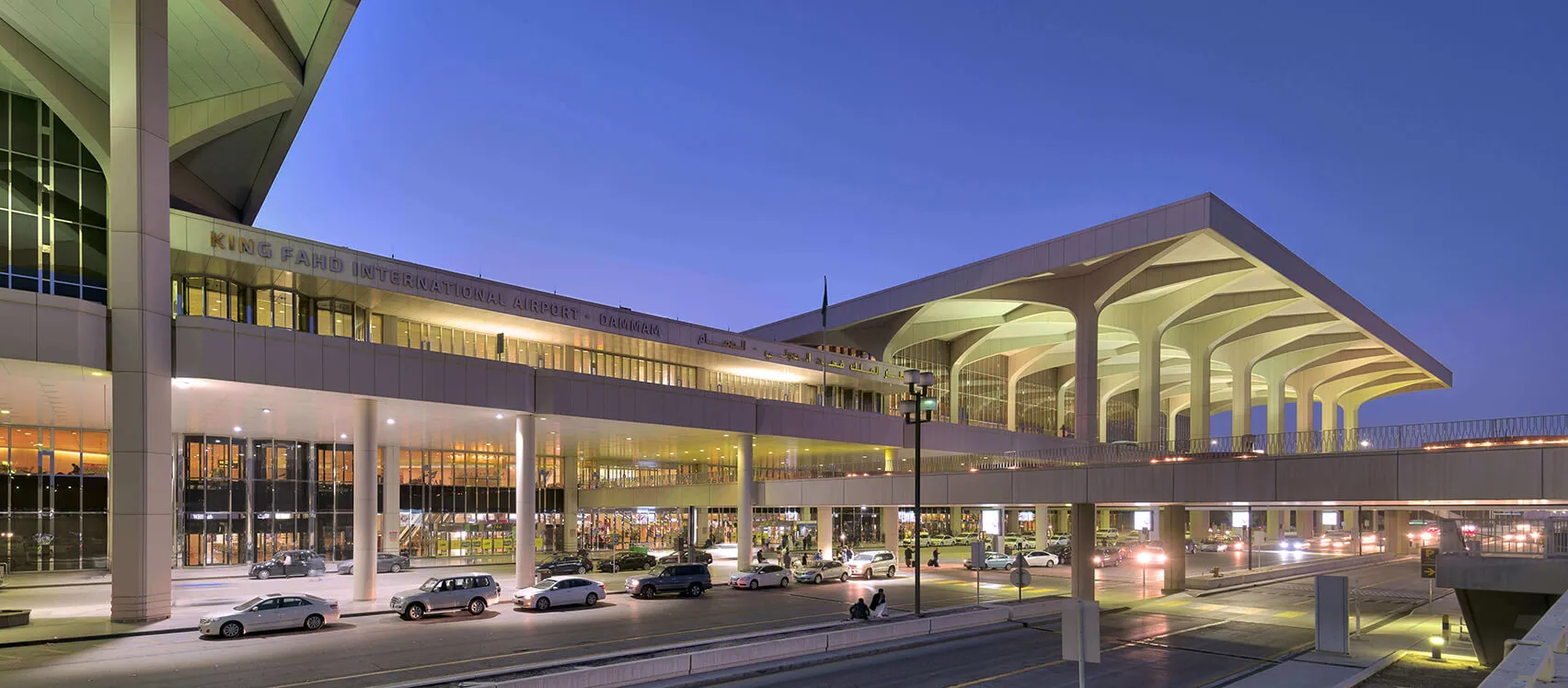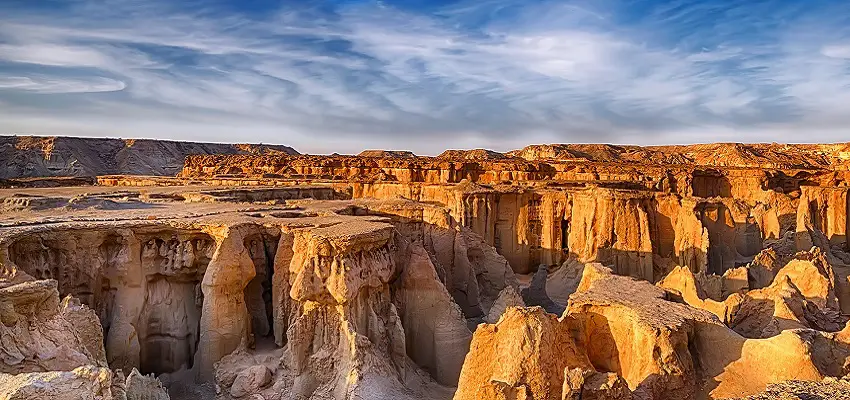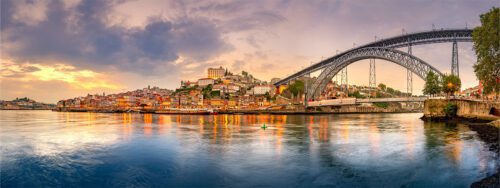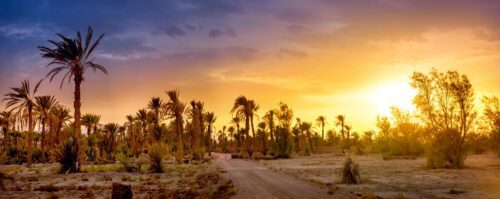Muscat, the capital of Oman, is a city where history and modernity blend seamlessly. The streets of this city each reflect a unique aspect of Omani identity and culture. From old streets filled with stories and memories of the past to bustling modern avenues showcasing progress and development, Muscat offers visitors a remarkable experience of contrast and diversity.
The streets of Muscat not only play a vital role in the city’s economy and culture and serve as a bridge between the past and the present. Many commercial streets are busy hubs where residents and tourists shop and socialize, contributing significantly to the local economy. Additionally, Muscat’s cultural and historical streets attract domestic and international visitors as symbols of Omani heritage and identity.
People visit Muscat’s streets for various reasons—some to experience local culture, others for shopping, and some simply to admire the city’s architectural and historical beauty. Whatever the reason, Muscat’s streets captivate every visitor, leaving them with unforgettable memories. Stay with Sepehran’s blog as we explore the best streets in Muscat.

List of the Best Streets in Muscat:
Historic Streets of Muscat
Best Shopping Streets in Muscat
Sultan Qaboos Street
Muscat’s Coastal Streets
- Al Ghubra Street in Oman
Important Tips for Walking in Muscat’s Streets
Historic Streets of Muscat
Muscat is home to several historic streets, each carrying stories and memories from the distant and recent past. These streets, adorned with traditional architecture, old markets, and historic buildings, showcase Oman’s rich culture and civilization.
Mutrah Corniche

One of Muscat’s most beautiful streets, Mutrah Corniche stretches for about 3 kilometers, starting from the Mutrah district and extending towards Ras Al Hamra.
This coastal street runs alongside the Gulf of Oman, offering breathtaking views of the sea and the surrounding landscapes. Located in northern Muscat, it connects the Mutrah Port on one side with Ras Al Hamra on the other, allowing visitors and residents to enjoy the area’s natural beauty and historical attractions.
Key attractions near Mutrah Corniche:
Mutrah Souq: One of Oman’s oldest markets, famous for its traditional architecture and vibrant shopping atmosphere, attracting numerous tourists.
Mutrah Fort: A historic fortress perched on a hill overlooking the Corniche, serving as one of Muscat’s iconic landmarks.
Sultan Qaboos Mosque: A significant mosque near this street, contributing to Muscat’s religious and cultural heritage.
Ruwi Street

Ruwi Street is one of Muscat’s main thoroughfares, stretching approximately 2.5 kilometers from Ruwi to the Al Wattayah district.
Recognized as one of the city’s key commercial and administrative centers, this street plays a crucial role in Muscat’s economic and business activities due to its central location.
Lined with numerous commercial and office buildings, Ruwi Street serves as a major hub for shopping and business ventures in Muscat. If you are searching for luxury shopping centers, this is the place to explore.
Key attractions on Ruwi Street:
Ruwi Hypermarket: A well-known shopping center offering a wide range of products.
Ruwi Fort: A historic fort in the area, considered one of Muscat’s historical landmarks.
Most of Oman’s major banks and their branches are located in this area, along with the Banknote Museum.
Best Shopping Streets in Muscat

Muscat’s streets offer a mix of modern shopping malls and traditional markets, each providing a unique shopping experience for visitors. Most of the city’s luxury shopping centers are concentrated in the northern part of Muscat. Below, we introduce some of the best streets in Muscat for shopping:
Sultan Qaboos Street

Sultan Qaboos Street in Muscat is one of the city’s most important and well-known roads. Due to its prime location, commercial and administrative centers, and outstanding amenities, it attracts both locals and tourists. Named in honor of Sultan Qaboos, the founder of modern Oman, this street symbolizes the country’s development and progress.
Some of the major shopping centers on this street include:
Muscat Grand Mall
Oman Avenues Mall
LuLu Hypermarket
OASIS Mall
Al-Seeb Street
Al-Seeb Street is arguably the largest road in Muscat after Sultan Qaboos Street. It extends from Al-Sahwa Tower Roundabout to Al-Baraka Palace, covering a distance of approximately 23 kilometers.
As one of Muscat’s main streets, Al-Seeb is lined with luxury stores, restaurants, and other amenities. Below are some of the shopping centers located on Al-Seeb Street:
Muscat City Center
Al Araimi Boulevard
Mall of Syria
Ms Max Seeb
Al-Shabab Street
Another street known for luxury shopping in Muscat is Al-Shabab Street. This modern road starts at Al-Shabab Roundabout and extends to Dar Al-Salam Roundabout, covering approximately 3 kilometers.
Key shopping destinations:
Al Koudh Grand Center
Al Ghubra Street
Al Ghubra Street is another popular shopping destination in Muscat, home to several major malls, including:
Panorama Malls of Muscat
Sultan Qaboos Street

So, Sultan Qaboos Street is one of the most important arterial roads in Muscat, connecting the city center to various districts. This street hosts numerous commercial, administrative, and recreational centers, playing a vital role in the economic and social development of Muscat.
The location of this street—or, more precisely, the Sultan Qaboos Highway—is such that it passes through the heart of Muscat, linking different areas and serving as one of the city’s economic hubs.
Connectivity between different districts
Proximity to commercial centers
Cultural and educational institutions
Transportation facilities
Presence of major corporate offices, banks, and shopping malls
These factors have made Sultan Qaboos Street one of the most popular streets in Muscat.
Another notable aspect of Sultan Qaboos Street is its close proximity to Muscat International Airport and luxury hotels, which is particularly beneficial for business travelers and tourists.
Modern Streets in Muscat

Alongside its historic streets, Muscat features modern roads known for their contemporary architecture, large shopping malls, luxury restaurants, and modern entertainment facilities. These modern streets symbolize the city’s rapid development and forward-thinking vision.
List of Modern Streets in Muscat:
Sultan Qaboos Street
Al-Shabab Street
Ghala Street
Al Mouj Street
Al Qurum Street
Coastal Streets in Muscat, Oman
Muscat’s stunning coastline and pristine natural beauty make it one of the most attractive destinations in the Persian Gulf. The city’s coastal streets blend natural splendor with modern infrastructure, offering residents and visitors a unique seaside experience.
Notable Coastal Streets in Muscat:
Mutrah Corniche (featuring both Western and Eastern architecture)
Al Mouj Street
Al Qurum Street
Al Wahda Street
Goethe Center Street in Oman
The Goethe-Institut Oman in Muscat is one of the city’s official examination centers, promoting the German language and cultural exchange between Germany and Oman.
This institute offers German language courses for all levels and is located on Madinat Sultan Qaboos Street, one of Muscat’s most significant and well-known areas with easy access to other parts of the city.
Location on the map: Goethe Center
Official website: goethe.de
Contact number: +96824603841
Important Tips for Walking in Muscat’s Streets
Muscat’s climate is hot and dry, so it’s essential to dress appropriately and stay hydrated. Respecting local customs is also important.
Walking Tips:
- Wear lightweight and breathable clothing to stay cool.
- Carry a bottle of water to prevent dehydration.
- Use sunscreen to protect your skin from the sun.
- Choose safe and suitable walking routes in the city.
- Respect local culture by dressing modestly—avoid overly short or revealing clothes.
Final Thoughts
Exploring Muscat’s streets is a unique experience, offering a blend of modernity and tradition. Each street tells a different story about Oman’s culture and history, inviting you to discover the beauty and wonders of this city. Whether you’re looking for shopping, entertainment, or historical exploration, Muscat’s streets have something special to offer that will leave a lasting impression.



